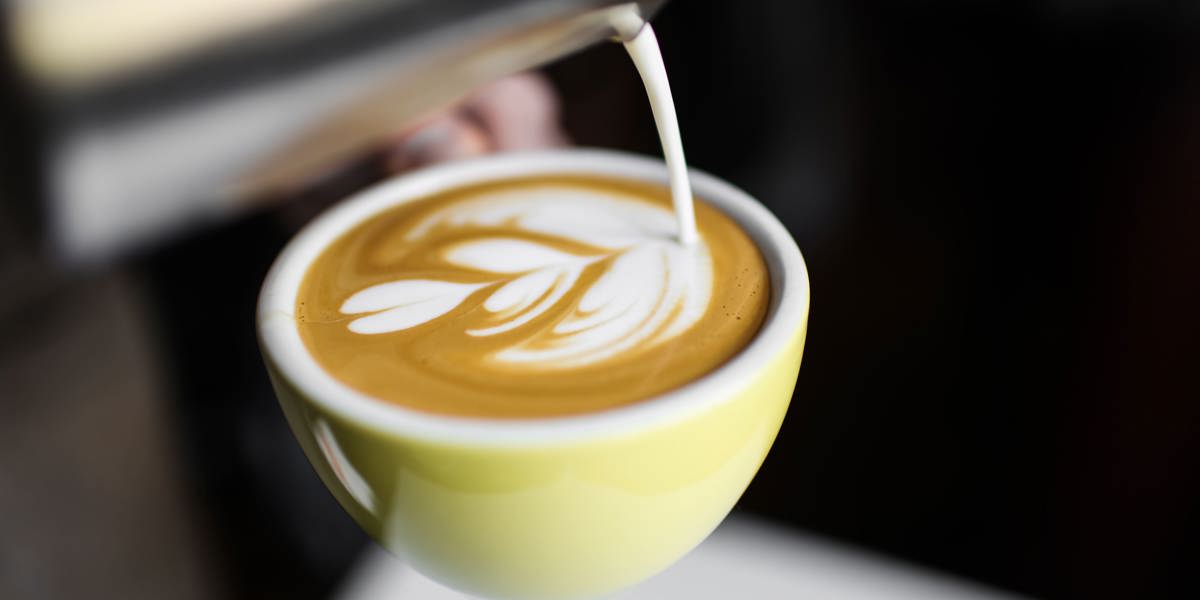
If you’re anything like me (practically inhaling coffee first thing in the morning) you probably don’t give much of a thought about how that ‘wake me up’ is affecting your teeth and mouth.
Does coffee make my breath smell? Does it discolour my teeth? How can I stop this? Coffee lovers, read on and we’ll lay down some facts.
Coffee and your dental heath
Like any drink that isn’t water, coffee helps create bacteria in your mouth, which produce acids which can lead to tooth and enamel erosion. This can cause your teeth to become thin and brittle. Acid will not only directly erode the enamel on your teeth, but it also has a number of other direct consequences on your overall oral health.
Coffee and staining
The rule of thumb is usually, if it stains your clothes, it’ll stain your teeth. So yes, coffee will stain your teeth. Coffee causes teeth discoloration because of an ingredient called tannin, a type of polyphenol that breaks down in water and found in other beverages like wine and tea.
Coffee and halitosis
Everyone has heard of coffee breath. But how can something so delicious and aromatic leave such a foul odour in your mouth? The answer – coffee causes xerostomia – or dry mouth. A major side effect of a dry mouth is bad breath, because without saliva and the rinsing of the mouth that comes with it, it becomes a great breeding ground for bacteria.
If there is no longer enough saliva in your mouth because of caffeine, then the bacteria that cause bad breath will grow out of control. Similarly, if your mouth isn’t producing enough saliva to digest the food particles caught in your teeth, bacteria will begin to break down those food particles, giving off bad odors in the process.
But it’s not just the dry mouth effect of coffee which causes bad breath – another reason for stinky breath is due to sulfur gas (also responsible for the ‘onion breath’ and ‘garlic breath’). The foods and liquids that cause the worst odors are those that include the highest sulfur compounds, such as coffee.
Any good news for coffee lovers?
You can still drink coffee and maintain a white, healthy smile. Simply put, drink coffee in moderation, no more than two cups a day. In addition, don’t neglect your day-to-day oral care, including regular brushing and flossing and don’t forget visits to your practice twice a year.
Can’t give up the coffee? Here’s some tips to lessen the damage:
- Drink water with your coffee
- Skip the sugar
- Use a straw
- Brush after drinking
- Reduce intake
- Try cold-brewed beverages instead.(By steeping coffee beans in cold water for 24 hours, this brewing process extracts much less of the coffee beans’ natural acidity. Any reduction in acids is always better for your teeth.)